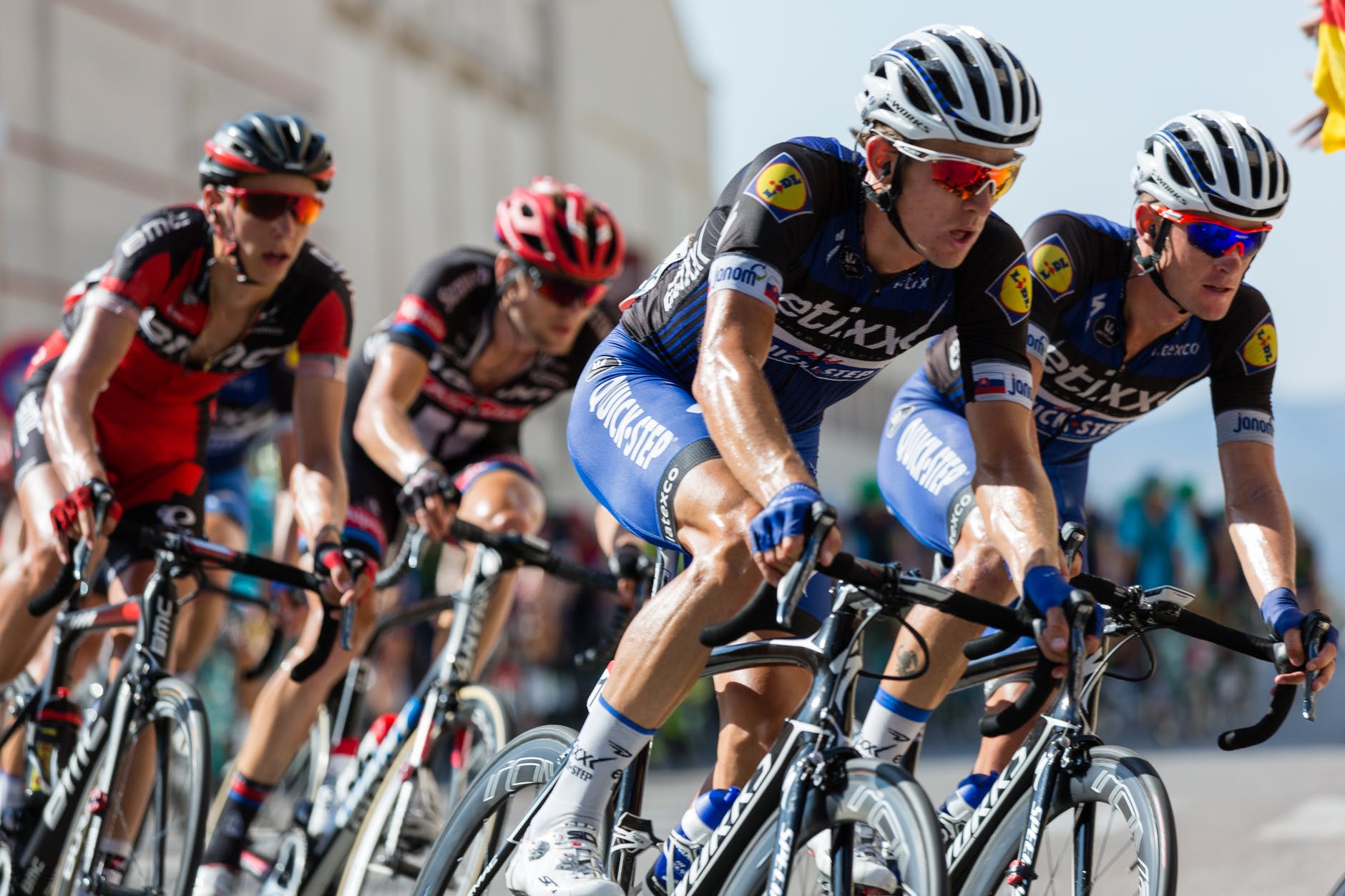An Insight Into Sports Nutrition and Fitness

Sports nutrition is a topic of constant discussion, change, and dynamics. Scientific researches continue to advise improved ultimate fitness and nutrition for both active adults and competitive athletes. Sports health & nutrition is the cornerstone of an athlete’s diet.
What Is Sports Nutrition?
Sports nutrition is the ultimate foundation of an athlete’s success. The diets and nutrition are properly planned to allow active adults and athletes to perform their best possible.
A sports nutrition plan helps in supplying the right type of fluids, nutrients, and energy from the food to keep the body hydrated and functioning at peak levels.
The sports nutrition diet varies from person to person based on their requirements and energy demands.
Sports Nutrition Basics
The energy that is required for living and day-to-day activities come from the food that we eat and the fluids we drink. Macronutrients present in the food groups supply the required energy sources for optimal functioning of the body.
Below we have mentioned some of the core and ultimate sports health & nutrition sources.
Carbohydrates
Carbs can be categorized into two forms, either simple or complex. These are the major sources of energy in the human body. Simple carbs include foods with natural sugar content like vegetables, fruits, and milk. Complex carbs include potatoes, bread, oat, and most of the vegetables. Our digestive system breaks down the carbs into blood sugar or glucose, which feeds the cells, organs, and tissues with energy.
Proteins
Another important component of fitness diet and sports nutrition is Protein. Protein is found in two forms complete or incomplete. A complete protein contains amino acids required by the body. The sources include fish, meat, milk, and poultry. Incomplete protein sources lack amino acids.
Protein plays a major role in muscle growth and recovery. Competitiveathletese and active adult should consume a good amount of protein in their diet.
Fats
Fats are not always unhealthy; these also play a major role in the fitness and nutrition plan of a player or athlete. Fats are found in saturated and Unsaturated form. Unsaturated fats are healthy and are found in plant sources like olive oil and nuts, whereas saturated fats are found in high-fat dairy and red meats, which increase the risk of diseases.
The Goal of Sports Nutrition
Fitness plays a major role in sport; this is why athletes and fitness enthusiasts seek help from sports nutrition to achieve their goals. Individual goals can include lean mass gain, enhancing athletic performance, or improving body composition.
Research findings prove that the right type of food, nutrient timing, calorie intake, and supplementation is important for every individual.
Below we have mentioned different phases of training and competitive sport that are benefitted from Sports nutrition.
Eating for Athletic Performance/ Fitness Exercise
Fitness and training programs require a properly designed nutritional diet for athletes and training individuals. A well-balanced nutrition plan must include sufficient calories and macronutrients to boost athletic performance.
The body uses fats and carbs as the main energy house depending on the intensity and duration of the exercise. Lack of calories can harm the athletic training and performance of the individual.
A normal training adult exercising 3-4 times in a week can meet all the nutrition needs by following a healthy diet plan. Similarly, a competitive athlete performing intensive training 5-6 times every week requires more nutrients to support the energy requirement.
Eating for Endurance
Endurance programs constitute 1-3 hours total of moderate to high-intensity workout every day. It is essential to take high amounts of carbohydrates for a high energy source. For an athlete, the range is 6-10 grams per kg of body weight each day.
Fat is the second most important source of energy that is used when training for a long duration. Endurance athletes have a risk of dehydration, which can be prevented by drinking lots of fluids and electrolytes.
Eating for Strength
Resistance training programs help in building the strength of the skeletal muscle. Any individual practicing resistance training requires a decent amount of macronutrients for the development and growth of muscle.
To maintain lean body mass, it is essential to increase protein intake. According to research, protein requirement varies from 1.2g to 3.1g per kg of body weight each day.
Eating for Competition
Sports health & nutrition requirement varies from sport to sport. For instance, strength athletes focus on increasing lean mass and their body size depending on the sport. Endurance runners focus on reducing body fat/weight during peak seasons.
Read More:- Check out the Best Healthy Nutrition Tips For Swimmers
Hydration and Sports Performance
Adequate electrolytes and hydration are mandatory for athletic performance and exercise. We all lose certain amounts of water during the day, but athletes and fitness adult lose extra body water through sweats during intense workouts, thereby increasing the chances of dehydration.
Dehydration is a process in which the body loses water and certain amounts of sodium too. Fluids constituting a loss of more than 2 percent of the body weight can negatively affect athletic performance as well as cognitive function. This is why athletes are recommended to use proper strategies for the replacement of fluid loss and maintain the proper functioning of their bodies.
You can rehydrate your body at any point in time with water or any sports drinks that contain sodium depending upon the sporting event and teh athletes themselves.
Lack of hydration can lead to :
- Hypohydration (dehydration)
- Hyponatremia (water intoxication or low blood sodium levels)
- Hypovolemia (decreased blood volume or plasma)
Supplements in Sports Nutrition
Sports supplements are a part of unregulated marketed products used to enhance athletic performances. Check out some of the examples of Sports supplements:
- Sports food: Sports bars, drinks, gels, protein and electrolyte supplements, and liquid meal supplements.
- Medical supplements: Calcium, Vitamin D, Iron, Omega-3 fatty acids, Multivitamin, and minerals.
- Performance supplements: creatine, sodium bicarbonate, caffeine, beta-alanine, nitrate
Roles of a Sports Dietitian
Fitness plays a major role in sport. Athletes are always looking to seek guidance from a professional to boost their athletic performance. This is where sports dietitians play a major role. Sports dietician are hired to develop a fluid and nutrition program personalized to suit the needs of individual and team.
A good sports dietician will have proper knowledge in the following areas:
- Clinical nutrition
- Design and management of effective nutrition strategies
- Counseling for health and athletic performance
- physical performance
- Effective nutrition programming for fitness, health, and optimal
- Evidence-based research
- Medical nutrition therapy
- Exercise physiology
- Nutrition science
- Safe and effective nutrition assessments
- Sports nutrition guidance
Final Words:
If you are a competitive adult or fitness enthusiast, sports nutrition plays a major and active role in your journey and growth. Healthy and Nutritional eating to meet your goals is what sports nutrition is all about. Sports fitness and nutrition can help in enhancing athletic performance, help you reach goals, and improve exercise recovery.




